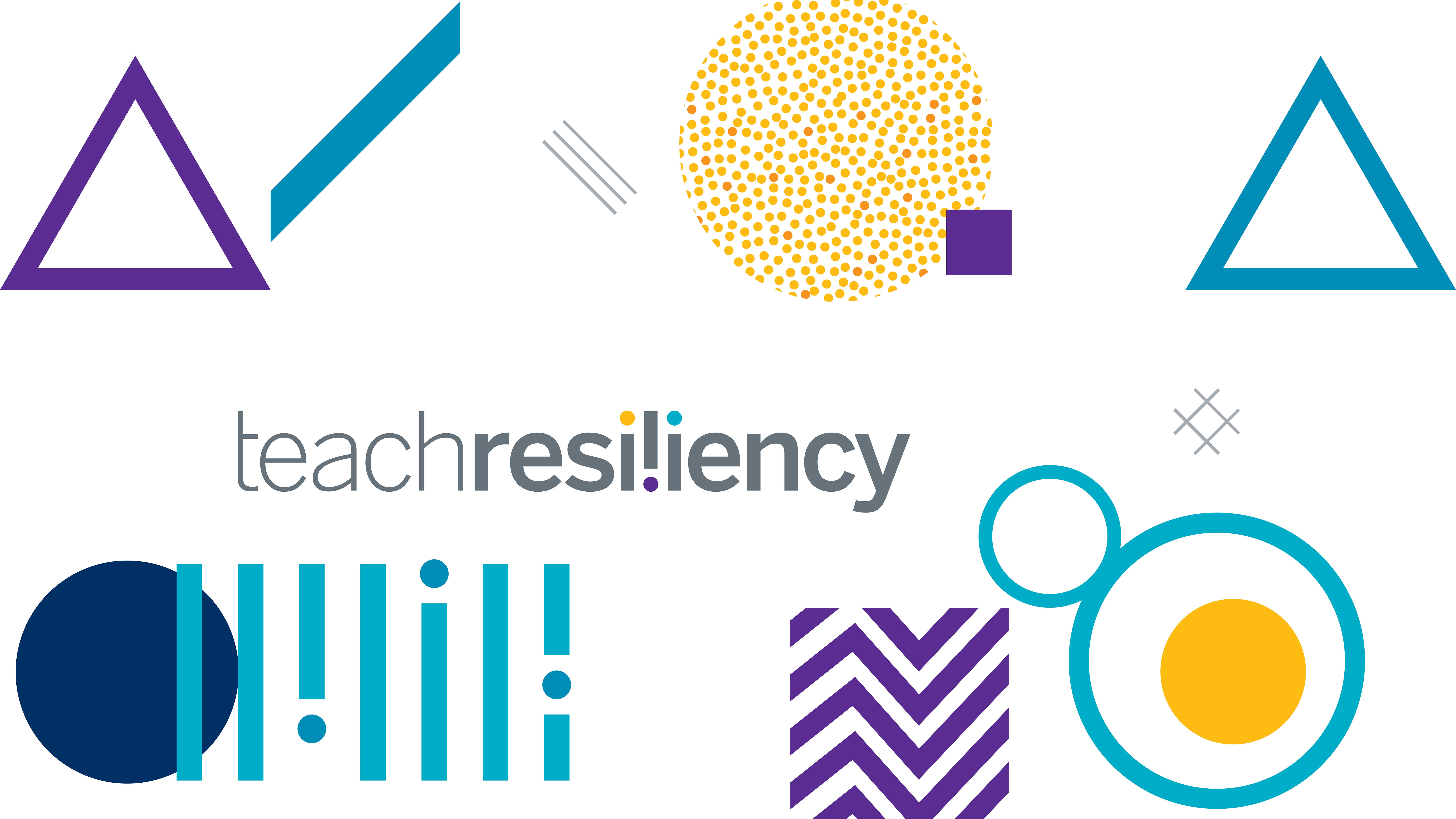
Crisis caregivers
[From the introduction] You may notice that students in your classroom are struggling. They may be acting out, or they may be withdrawn and not communicating. Whatever the cause, these behaviours are interfering with students’ achievement at school, and preventing them from learning.
This guide is designed to help teachers understand more about mental health problems in children and youth, to outline the steps they can and should take to help those students, and to give them some ideas on how they can talk about mental health problems in their classrooms
Sometimes, these issues are indicative of mental health problems. When mental health problems interfere with a students’ ability to learn and achieve, their success in school suffers. Schools play an important role in identifying students who may be having mental health problems, and in connecting them with services that can help. In Ontario, schools’ part in this process is outlined in the Ministry of Education’s Shared Solutions document.
Teachers have busy work lives, and many competing priorities. While teachers cannot be expected to be experts in child and youth mental health problems, they have an important role to play. Teachers can ensure that their classrooms are safe and healthy environments for all students, they can recognize the signs that a student is struggling with mental health problems, and they can feel confident that they understand the next steps to take in seeking help for that student.
Developed by the Student Support Leadership Initiative, Hamilton District Team In partnership with the Offord Centre for Child Studies, McMaster University, the Evidence-Based Education and Services Team (E-BEST) at the Hamilton-Wentworth District School Board, and the Ontario Centre of Excellence for Child and Youth Mental Health. Written by Don Buchanan, Patricia Colton, and Kristen Chamberlain with contributions from FORCE Society for Kids Mental Health and the Children’s Hospital of Eastern Ontario
Why we’re recommending this resource:
- Accuracy of information: well-researched, appropriately cited, and well written / organized
- Authority: author is identifiable and has related qualifications and/or credentials / affiliated with a reputable institution
- Objectivity: minimal to no biases or affiliations with a company selling products of promoting a questionable agenda.
- Currency: information that is recent or has been recently endorsed
- Canadian resource
